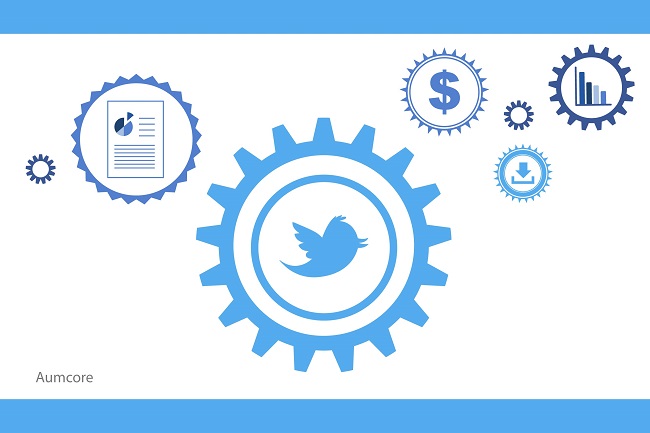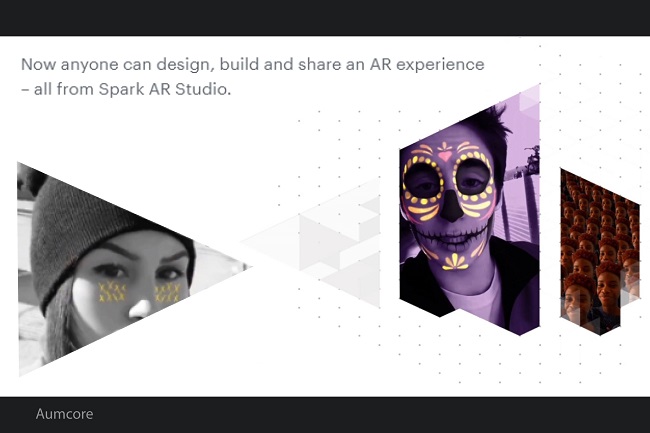The difference between business-to-consumer (B2C) and direct-to-consumer (D2C) is the middle man. B2C sales generally require a retailer to distribute products and goods from manufacturers to consumers, whereas in D2C the retailer is taken out of the equation. So, why do manufacturers sell directly to consumers? With D2C, brands are able to take the reigns and have full control over their sales tactics, customer service, marketing, and messaging. Brands born and bred in the digital age understand that users expect everything to be instantaneous. With D2C, brands can streamline the sales process by cutting out the middleman and directly interact with their target audience. In this blog post we’ll explore why direct to consumer is becoming an important retail channel and how your manufacturing brand can shift to D2C.
Why Direct to Consumer Is Becoming an Important Retail Channel
Direct to consumer is becoming an important retail chain because this system is becoming more favorable for consumers—there’s less muddling in-between and more one-on-one action. In recent years, retailers like Walmart, Macy’s, and even luxury retailers like Bergdorf Goodman are falling on hard times. Steep prices and lack of digital presence have given eCommerce start-ups and brands the upper hand in an era where users expect justified prices and efficiency.
If you’re asking yourself, “what are direct to consumer brands,” they are digitally born and bred brands like Away, Casper, Dagne Dover, and Warby Parker. And in cases like Warby Parker and Casper, open brick and mortar locations as well! What else is responsible for the uptick in direct to consumer?
- Affordable Pricing – As stated above, affordable pricing is one of the biggest allures to consumers. D2C sales mean that some businesses like fast-fashion stores, such as Shein, are able to offer their products at extremely low prices. This means users are heading over to their digital storefront in droves looking for the best deals on outfits for their perfectly curated Instagram feeds. For you, it also means that your business doesn’t have to cut a check every single time you make a sale.
- Relationships – Good business owners understand that their brand’s relationship with their customer is everything. With D2C, brands have more control of how their content appears to users and how their brand relates to users through their eCommerce content marketing strategy. They can control the story their brand tells, their overall message, and the medium with which users view their content. D2C also means brands can respond directly to user complaints and queries.
- Sales – While affordable pricing is a huge plus for users and businesses alike, direct sales mean that users can collect data on their target audience; they can observe customer behavior on their site and their user’s buying habits. This will give you and your team the information you need to better serve you users in the future.
- User Experience – D2C is also becoming an important part to the retail chain because digitally savvy companies are able to provide users with a seamless, omnichannel experience. With the data gathered from sales and the information D2C brands have on user wants and needs from their relationship building, businesses can use that knowledge to provide users with a more positive experience.
Benefits of Using Direct-to-Consumer (D2C) Strategies
Now that you understand why D2C is important in the retail chain, I’m sure you’re wondering what is a strategy for a direct to consumer model. Well, D2C is the ability for brands to bypass traditional retailers to resell your products and focus on selling directly to consumers. That means you and your team members are in control of everything. From production and design, to marketing and sales, you choose what’s up—that’s the beauty of D2C. Rewinding a bit, let’s take a look at some strategies you can make use of:
- Interact directly with your audience through social media – Social media is a great way to build your D2C brand because you’re interacting and engaging directly with your target audience on a platform that is familiar to them. In some cases, it also means you can directly sell to them too. For example, Instagram and Facebook allow businesses to sell directly from their platform. To properly market your business and drive direct to consumer sales, make sure you’re producing content that feels native to the social site.
- Earn brand recognition through specialization with SEO Campaigns – D2C brands like Warby Parker and Casper have made their name through specialization. They’re the best in the business and that’s how they’ve gained their brand recognition. When it comes to your D2C SEO campaigns, choose the one thing about your brand that truly defines it, whether it’s quality mattresses, sustainably made clothing, or pet-friendly soap, and target keywords related to it.
- Offer a subscription model to increase retention – With subscription models, the best benefit businesses get comes in the form of retention. For instance, think about that gym you’re still signed up to but never go. All jokes aside, offering a subscription model means that your consumers don’t have to think twice; they’re saving time and effort and still have access to your brand’s products and services. Looking at a real-world example, Dollar Shave Club was able to keep 50% of its users after a year of service, and the second year they had retained 25% of those initial sign-ups. This strategy will help you keep your customers coming back.
- Increase brand awareness with influencers – Influencers is the clickbait word of the year. While they may have their clichés, the right influencer can significantly increase awareness of your brand and drive sales. Take Justin Beiber and Calvin Klein, for example. Justin helped take #MyCalvins to a whole new level and made Calvin Klein over $69 million in one quarter. Melisa Goldie, Calvin Klein’s Chief Marketing Officer said, “The goal is always to sell the product… relevance is the driver of commerce.” She believes that “to be a relevant brand means that everyone needs to be talking about you and there has to be a conversation. Sales are 100 percent as important as is driving a relevant conversation.” Choose your influencers carefully by vetting each one. Research their follower base and if that foundation matches up with your target audience. Using influencers to help promote your business will definitely help increase your direct to consumer market size.
Key Takeaways
There are dozens of ways you can market and sell your products to consumers with the internet. The trick is to find a system that works for your unique business and the demands of your customers. Develop your eCommerce development solutions in a way that serves you and your end users. Sometimes that means being available on social media, and other times it means sliding into their inboxes with a subscription offer. Hopefully, this blog post has shown you why D2C is important and how you can bring your manufacturing brand direct to consumers.






Tell us your thoughts in the comments